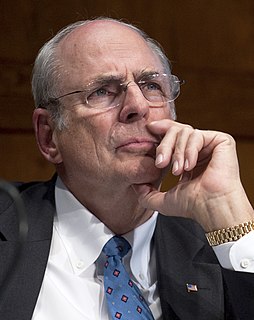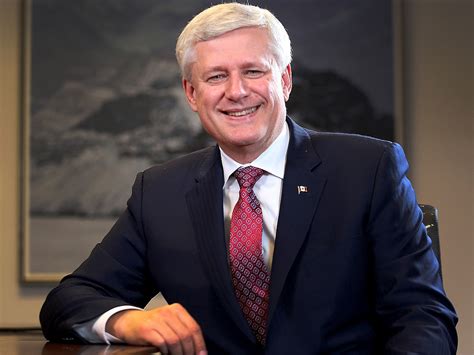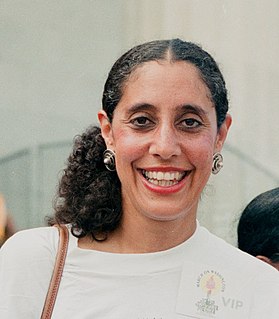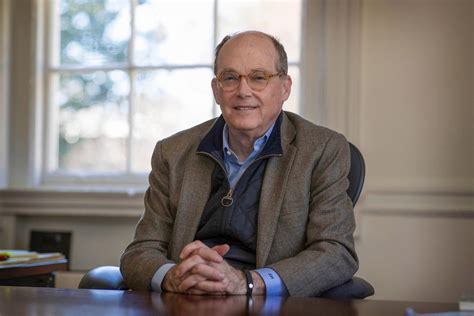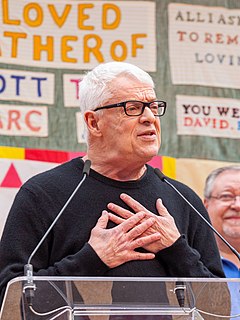A Quote by John Ortberg
A simple way to address hidden curriculum issues is to spend time talking with staff and key leaders about their spiritual lives.
Related Quotes
It's important in our role as leaders that we use the platform to address issues, to address barriers, to identify best practices for overcoming these challenges with businesses small and large. Maybe there are some public policy issues that we need to address. Maybe some of them are at the federal level and some are at the state or local level.
One of the problems we've had is that the ICT curriculum in the past has been written for a subject that is changing all the time. I think that what we should have is computer science in the future - and how it fits in to the curriculum is something we need to be talking to scientists, to experts in coding and to young people about.
As a writer I'm committed to exploring what I call "The invisible things" - the things that people aren't talking about. I think that's where the juiciest conversations and the juiciest drama lives. My goal with the series is to get people talking about and reflecting on how issues of race play out in their own lives. Since I've spent a fair amount of time watching time travel shows and movies where the leads are White (and can blend in really easily no matter the time period) I thought I would turn that on its head and see what might happen.
I think, at some level, we see young people all over the country mobilizing around different issues, in which they're doing something that I haven't seen for a long time. And that is, they're linking issues together. You can't talk about police violence without talking about the militarization of society in general. You can't talk about the assault on public education unless you talk about the way in which capitalism defunds all public goods. You can't talk about the prison system without talking about widespread racism. You can't do that. They're making those connections.
It can be seen as 'weak' to complain about health issues or worry about your health. But with younger guys, I think it's just a case of it being a secondary thought. We live pretty busy lifestyles these days. People have got work and social lives, and they party and spend a lot of time doing other things, and health just takes a backseat in a lot of cases. That's just the way a lot of people seem to live their lives.
She [Hillary Clinton] knows the people well. I think there is - you know, also talking about breaking down barriers and talking about that, whether we`re talking about that in economic terms. I mean, she`s the only person who has been out there talking about white privilege and talking about sort of the intersectionality of some of these issues.
The power of the individual, market forces, and the private sector permeate our lives. With that power comes responsibility to address huge challenges. Climate change cannot be solved by governments alone. Xenophobia, hatred, and intolerance - more business leaders have to play a role in trying to be positive leaders, civic leaders.
When you start talking about same-sex marriage, you start talking about abortion, and I think those issues are very very important and very interesting and very right for us to talk about, but when we allow those issues to cannibalize all other issues we find ourselves homeless while we debate about it.


